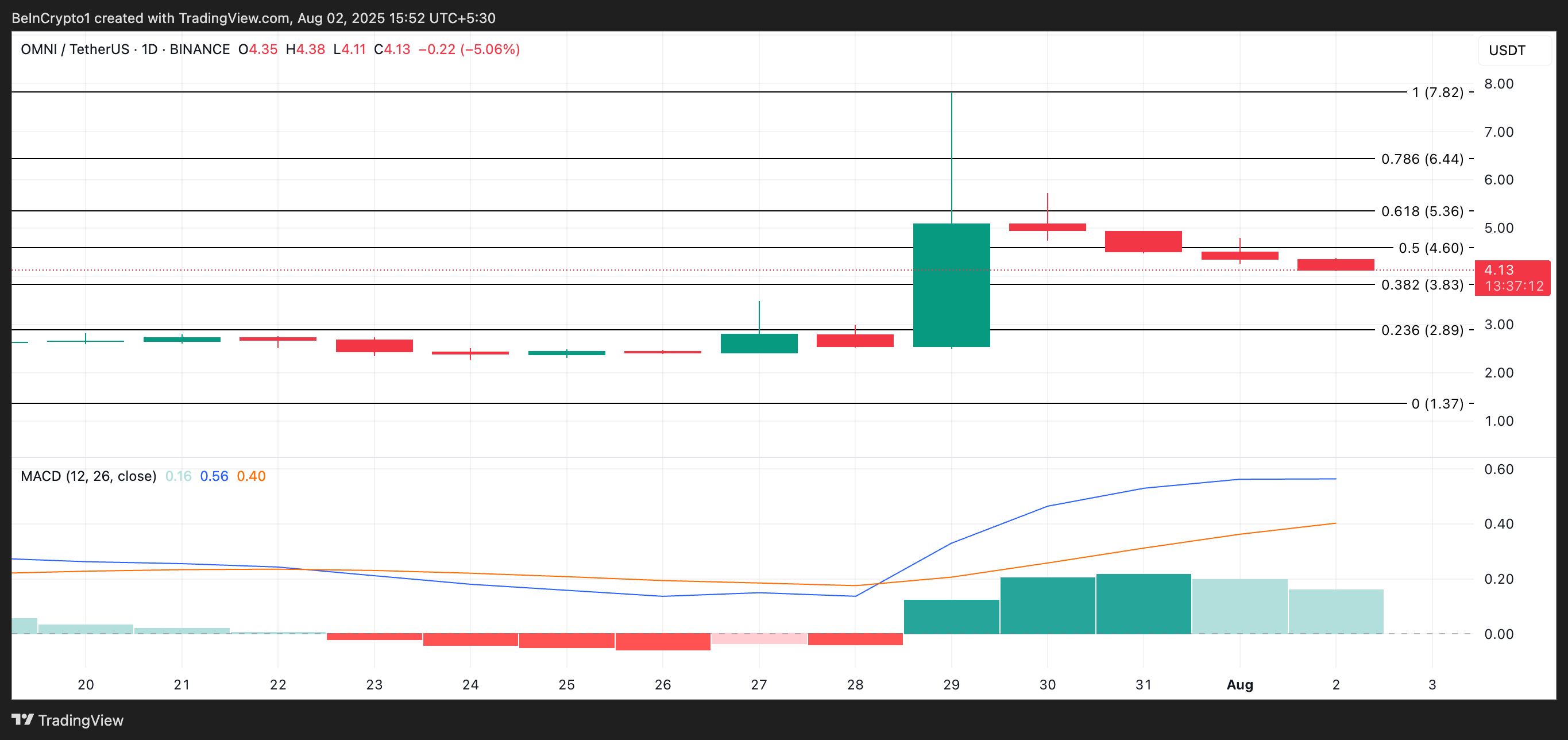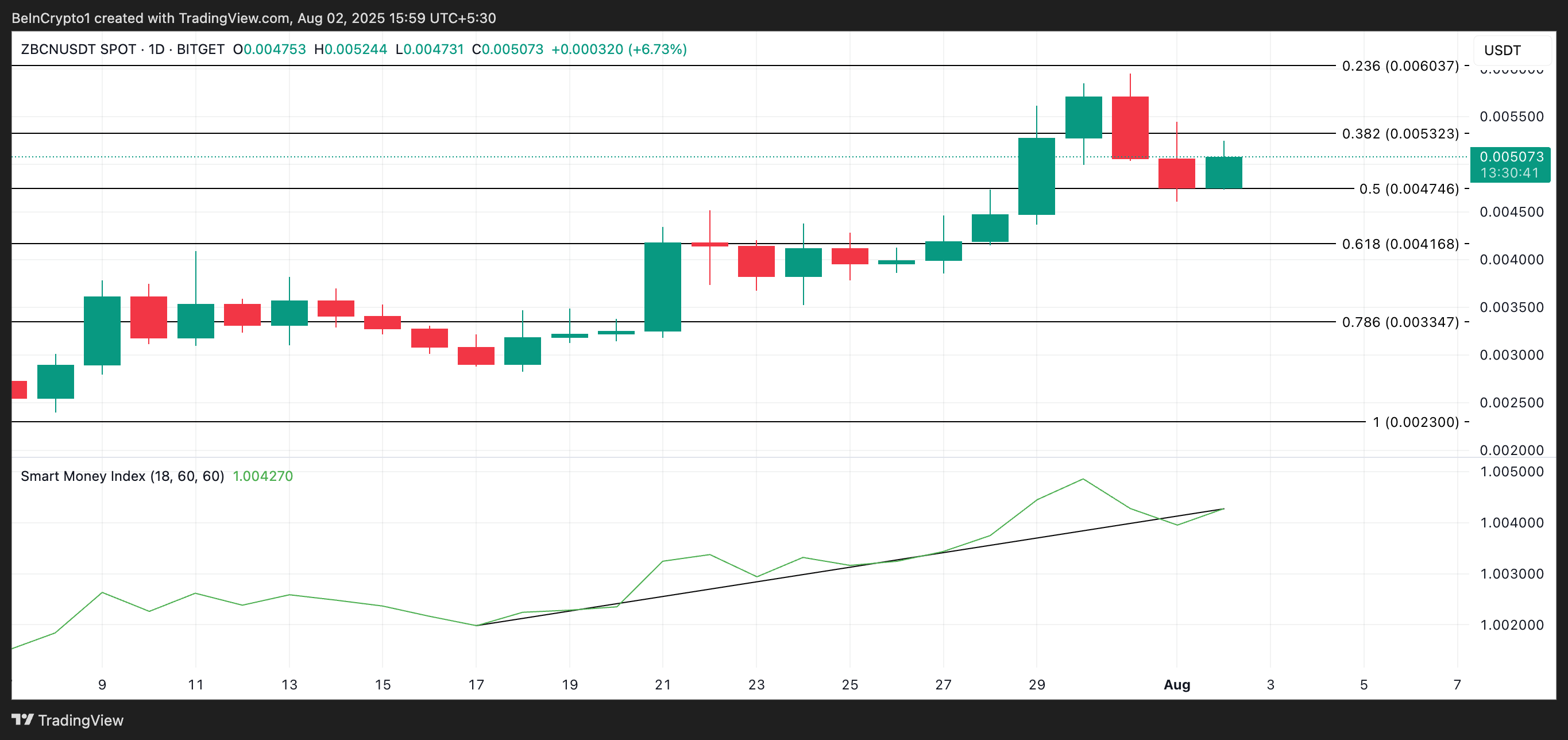On the high-power circuits of Formula 1, every millisecond marks the difference between victory and defeat, and every innovation is a battle for supremacy. This February, global digital asset trading platform Gate.io proudly announces its official partnership with Oracle Red Bull Racing in F1, a resonance of innovation between two distinct yet equally demanding arenas.
The partnership marks not only a significant milestone in Gate.io’s global branding strategy, but also coincides with the platform’s 12th anniversary. In celebration of this moment, Gate.io has unveiled its new Chinese name: “Damen” (大门, meaning “The Gate”), a symbol of connection between users and the future. At this pivotal moment, Gate.io Founder and CEO Dr. Han announced a new strategic vision: to build the “next-generation crypto exchange”, showing the company’s bold entry into the next era of the crypto industry with refreshed ambition.
“The Gate” Reimagined: Charting A Course Toward the Next-Gen Crypto Exchange
On the occasion of its 12th anniversary, Gate.io unveils its new Chinese brand name, 大门 (“The Gate”), representing both a starting point and an entrance to the future. The name reflects a vision of openness, diversity, and global integration. Under brand evolution, Gate.io embarks on its journey to evolve into the “next-generation crypto exchange.”
Over the past twelve years, Gate.io has used technology as the key and service as the bridge to open the gate to the crypto world for its users:
- Over 3,800 cryptocurrencies listed, consistently leading industry innovation.
- Ranked among the Top 3 globally in overall strength, with 24-hour spot trading volume placing Top 2 worldwide.
- Built a full ecosystem covering trading, Web3 wallets, payments, venture investment, and incubation.
- Platform token GT reached a peak of $25.960, placing its market cap among the global top 34.
The brand evolution not only encapsulates Gate.io’s past achievements, but also marks the beginning of a new phase, more expansive and full of possibilities. The positioning of “next-generation crypto exchange” underscores Gate.io’s deep insights and strategic vision into future industry trends. As one of the earliest exchanges in crypto space, Gate.io has amassed a wealth of experience over the past 12 years. Now, with the industry on the cusp of a new wave of growth, Gate.io is doubling down across key sectors including technology, security, ecosystem and brand building. The platform has unlocked a new growth curve, aiming to shape the future paradigm of the industry and deliver greater value to both users and the broader ecosystem.
Unleashing the Synergies of Security and Innovation to Drive Industry Transformation
Oracle Red Bull Racing dominates the tracks through cutting-edge innovation and rigorous safety. In blockchain space, Gate.io is equally renowned for balancing innovation with robust security. Now joining forces, two giants are unlocking synergies across industries, injecting fresh momentum into Gate.io’s journey to become the next-gen crypto exchange.
On the innovation front:
- Gate.io’s Pilot section has listed over 1,000 tokens, capturing multiple meme tokens with 10x+ gains.
- MemeBox 2.0, a first-of-its-kind product, aggregates popular on-chain meme tokens directly to user accounts, offering a seamless and secure Web3 trading experience.
- Gate Launchpool has become an industry-leading token mining platform, featuring over 140 projects and distributing over $14 million in airdrops and mining rewards.
- GateChain continues to upgrade its core features, including DA (Data Availability), while expanding into Web3 applications like wallets, trading, asset management, NFTs, and memes—creating deep on-chain integration.
In terms of transparency and security:
- Gate.io collaborates with U.S. audit firm Armanino LLP and adopts an open-source Merkle Tree solution for regular asset reserve disclosures.
- As of January 2025, total reserves exceed $10 billion, ranking fourth globally. The reserve ratio stands at 128.58%, with $2.296 billion in excess reserves, well above the industry average.
- Gate.io continues to invest in multi-layered security infrastructure, including cold wallet management, multi-signature protocols, real-time risk alerts, and round-the-clock global security teams.
Just as F1 demands both speed and precision, Gate.io never compromises on user asset safety while pushing for cutting-edge experiences. This ability to balance innovation and security enables Gate.io to remain a trendsetter in the crypto industry, building a solid foundation for its course towards the next-generation crypto exchange.
A Cross-Industry Leap: A Strategic Milestone in Globalization
In a world of increasingly fierce global competition, brand recognition and cultural resonance have become crucial frontiers for the crypto industry. F1, one of the world’s most watched and influential sports events, reaches hundreds of millions globally and is synonymous with premium, avant-garde, and international appeal. This partnership marks one of the first concrete steps in Gate.io’s vision to become the next-gen crypto exchange. By aligning with a word-class sports IP and tapping into its cultural resonance, Gate.io is redefining user perception, evolving from a tech platform into the global ambassador of digital lifestyle, further enhancing the platform’s international presence and brand value.
Through the platform of Formula 1, Gate.io not only expands its reach to high-value users worldwide, but also strengthens its brand attributes such as speed, innovation, security, and connectivity on a cultural level. It also signals the formation of a broader and more open global brand matrix. Backed by a strategy focused on compliance, globalization, and branding, Gate.io is confidently stepping into a more ambitious future.
Twelve Years Strong, the Future Is Here
Since its inception in 2013, Gate.io has remained true to its mission: to open the gateway to crypto assets for users around the world. Twelve years later, this gate connects tens of millions of users globally, becoming a vital force in the world’s crypto economy. Now, at this new 12-year milestone, Gate.io, under its new brand evolution, joins hands with Oracle Red Bull Racing to embark on a journey towards “the next-generation crypto exchange”, with greater conviction, openness, and infinite possibilities. The future belongs to those who remain steadfast in speed, and unwavering in securing innovation. The gate is open. A new era of crypto is here.
Disclaimer: This content does not constitute an offer, solicitation, or recommendation. You should always seek independent professional advice before making investment decisions. Gate.io may restrict or prohibit certain services in specific jurisdictions. For more details, please read the User Agreement.
The post 12 Years of Gate.io: Redefining the Future with Oracle Red Bull Racing, Evolving into the “Next-Gen Crypto Exchange” appeared first on BeInCrypto.







